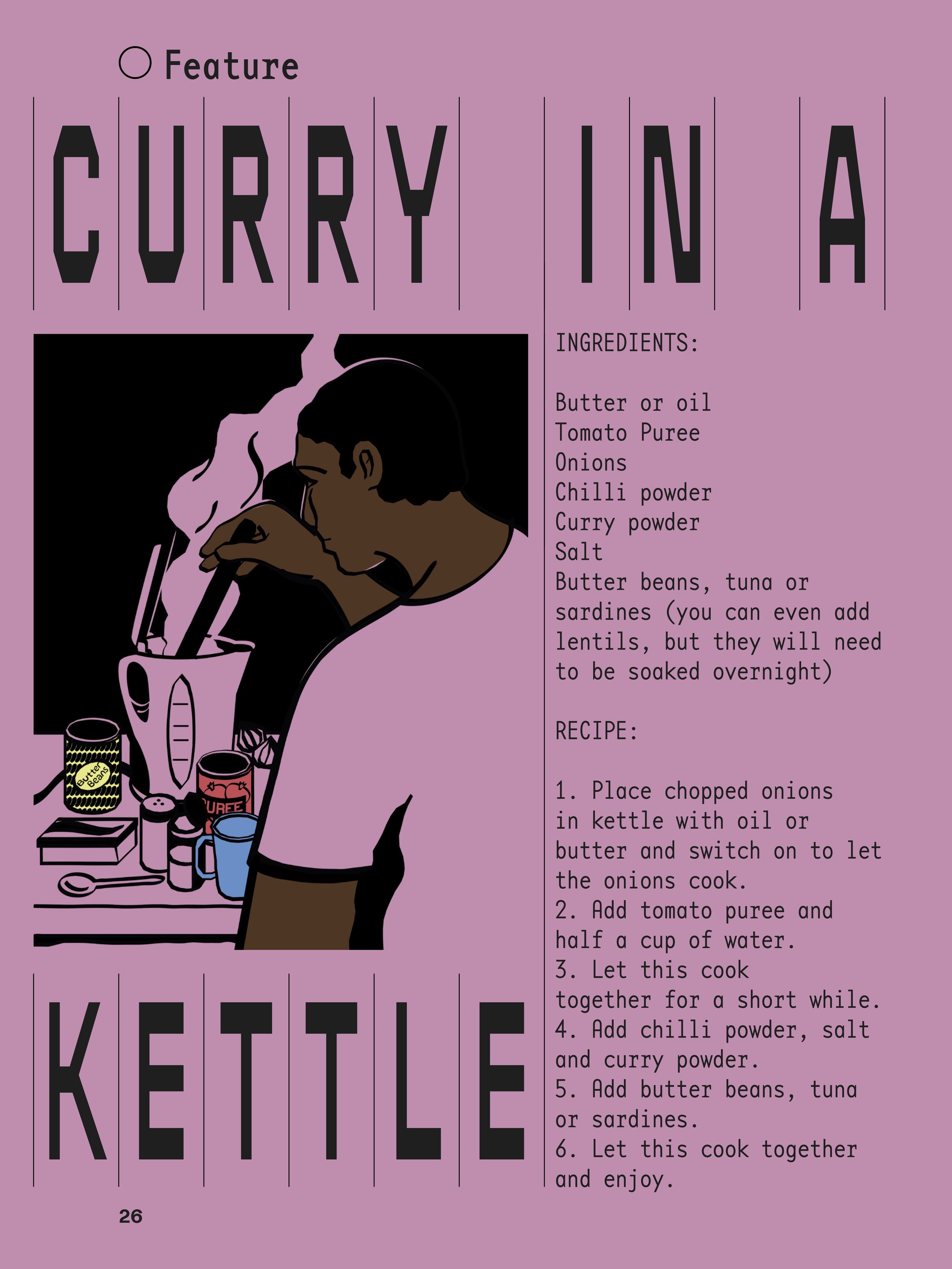UnCaptured
This is the first edition of a new booklet series from Maslaha which builds greater knowledge about Muslims in prison. UnCaptured shares stories and viewpoints on the experiences of Muslims in prison that are not normally published. It is borne out of Maslaha’s approach combining practice with theory. Our practice is with people in prison and with those in the community - building interventions that respond to the immediate harms of prison, and point to sustainable community infrastructure.
Official and standard reports from the criminal legal system provide a partial window into prison. We know that Muslims, who make up 18% of the prison population (5% of the UK’s general population) as well as other Black and brown people – report significantly more negative experiences in prison. But there’s a serious data issue: not enough is collected and the data that is, often minimises harm or provides shallow analysis. Even where harm to Muslims in prisons is acknowledged, official government reports often render these invisible by focusing on Muslims as a ‘risk’ factor to be mitigated. The lack of personal and contextualised accounts means there’s a substantial knowledge gap on what’s been going on in prisons.
Our new booklet aims to expand the knowledge produced and narratives told about imprisoned Muslims. We build analysis that is not only intellectually rigorous, but can also register emotion, vulnerability, heritage, culture, and religion. In doing so we challenge the stereotypes of radicalisation and extremism that shape the perception of, and response to, Muslims inside prison (as well as those outside). The title UnCaptured therefore refers to individuals and stories that refuse to be dehumanised and stifled within the structure of prison walls and standard, official reporting.
UnCaptured is both analytical and practical. It helps us understand the day to day harm Muslims face, and their efforts to build community and maintain a sense of self in such an environment. It also provides practical advice and tools to challenge negative treatment, and shares the work of those transforming the practice of justice and accountability.
The first ‘Ramadan’ edition includes:
Analysis: Uncovering the higher use of pepper spray on Muslims in prison
Recipes from Prison life: Curry in a Kettle
A Know your Rights guide to Ramadan
Looking beyond walls and borders: prisoner solidarity from Palestine
Practice: ‘No births behind bars’ campaign



